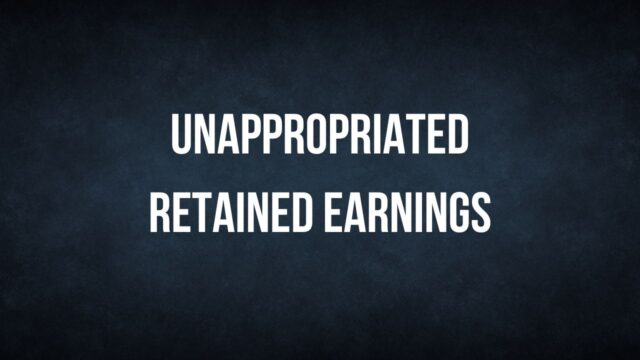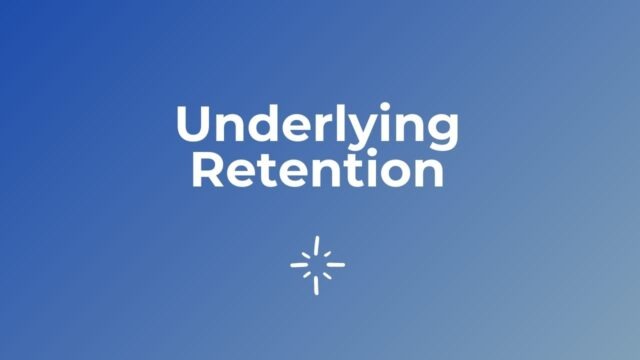Underpayment Penalty
What is an underpayment penalty An underpayment penalty is a fee charged by the IRS for taxpayers who do not pay enough tax throughout the year. The penalty is usually calculated as a percentage of the unpaid tax, and the amount varies depending on how much tax is owed and how long it remains unpaid. In most cases, the penalty...
Ultimate Mortality Table
What is 'Ultimate Mortality Table' A mortality table that lists the death rates of insured persons of each sex and age group and excludes data from policies that have been recently underwritten. An ultimate mortality table also lists the proportion of individual survival from birth to any given age. Insurance companies use these tables to price insurance...
U.S. Savings Bonds
DefinitionU.S. savings bonds are debt securities issued by the U.S. Department of the Treasury to help pay for the U.S. government's borrowing needs. U.S. savings bonds are considered one of the safest investments because they are backed by the full faith and credit of the U.S. government. U.S. Savings Bonds What are 'U.S. Savings Bonds' U.S. savings...
UCLA Anderson School of Management
Definition The UCLA Anderson School of Management is the graduate business school at the University of California, Los Angeles, one of eleven professional schools. The school offers MBA, Financial Engineering and Ph.D. degrees. The school is consistently ranked among the top tier business school programs in the country, based on rankings published by US News & World Report, Businessweek and...
Underlying Profit
What is an 'Underlying Profit' An underlying profit describes an actual reflection of a company's profit. The underlying profit is not the required accounting profit that is recorded on financial statements and documents mandatory to follow preset rules and regulations. This number is calculated by the company to show what it believe to be an accurate reading...
Unconditional Vesting
What is 'Unconditional Vesting' Pension benefits that are entitled to the employee without any restrictions. The employee is fully entitled to the vested benefits, even if he or she chooses to withdraw plan contributions. This is opposite to conditional vesting, in which entitlement to vested benefits is contingent upon the plan participant's contributions being...
Unappropriated Retained Earnings
What are unappropriated retained earnings Unappropriated retained earnings are the portion of a business's profits that have not been allocated to specific expenses. This money is typically held in reserve to be used for future investments or expansion plans. However, unappropriated retained earnings can also be used to pay dividends to shareholders or to cover other unexpected costs. Because unappropriated...
Ultimogeniture
What is ultimogeniture and how does it work Ultimogeniture is the practice of leaving property to the youngest child. It contrasts with primogeniture, in which property is typically passed down to the oldest child. Ultimogeniture has a long history, dating back to medieval Europe. In many cases, it was used as a way to ensure that property stayed within the...
Underlying Retention
What is retention and why does it matter for businesses Retention is a measure of how well a business can keep its customers over time. While it is important for businesses to acquisition new customers, it is even more important to retain the customers they already have. Studies have shown that it costs five times as much to attract a...
Underapplied Overhead
What is 'Underapplied Overhead' In cost accounting, an accounting record is created when the overhead costs ascribed to a work-in-progress product do not equal the amount of real overhead expenses incurred. In the company's balance sheet, underapplied overhead is recorded as a deferred expenditure, and at the end of the year, it is balanced by posting a credit to cost...





































